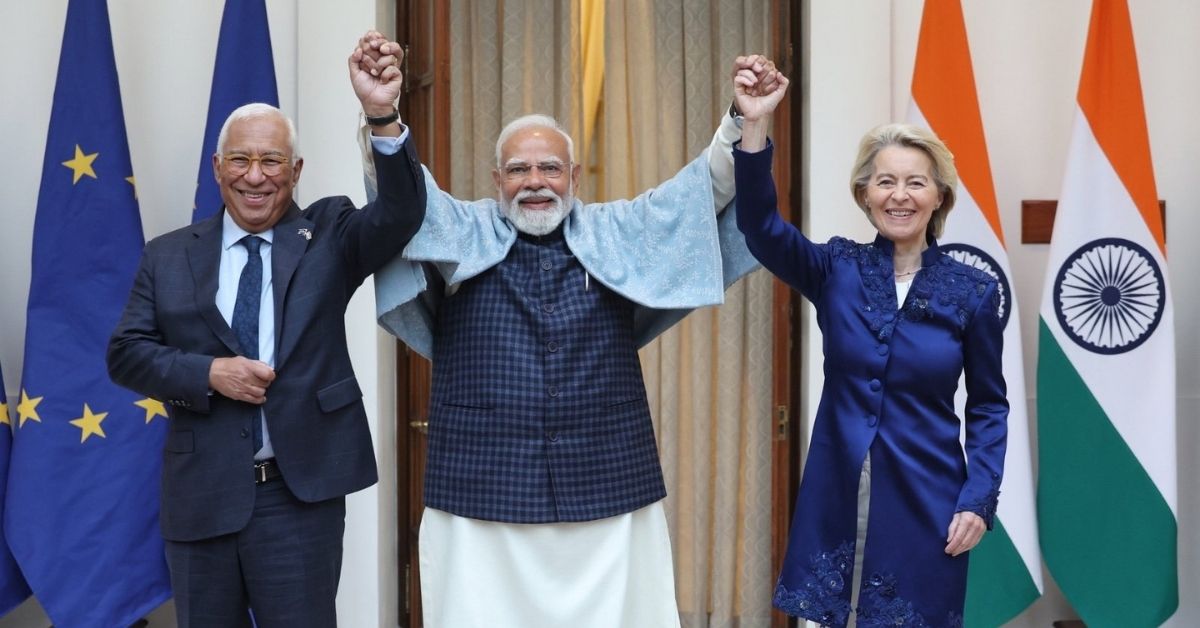When it comes to work models in the EU, Malta finds itself balancing between those that are fully or partially remote, to those that never work from home.
In fact, 53.5 per cent of workers have hybrid or even fully remote working conditions, with the remaining 46.5 per cent working within the office full-time.
In the rest of the European Union however, remote work is very fragmented. According to the study by Eurofound, countries like The Netherlands, Ireland, Finland and Germany have been very favourable to remote working conditions, with most workers able to work fully from home or flexibly, with rates close or over 70 per cent.
On the other hand, Portugal, Italy, Cyprus, Greece, Croatia are some of the least flexible countries in the bloc.
In general, the polls found that men are more likely to have flexible conditions in nearly all EU countries. Cyprus had the lowest rates for both men and women (25 and 22 per cent) while The Netherlands was found to be a remote working paradise, with high rates for men (83 per cent) and women (72 per cent)
While some major companies like JPMorgan, Amazon, and Goldman Sachs have ordered employees to fully return to the office, citing productivity and work culture as their main reasons, it is clear that remote working, which skyrocketed during the pandemic, is here to stay.
Research backs this up. The desire to work exclusively from home has increased since the pandemic, rising from 13 per cent in 2020 to 24 per cent in 2024.
An overwhelming 74 per cent of EU workers said they preferred to work remotely at least a few times a month. In fact, 31 per cent said they would like to work from home several times a week, 24 per cent said daily, and just 18 per cent say they would never want to work remotely.
Malta signs agreement to ‘understand and promote’ offshore oil potential
'Malta’s favourable geology and strategic location offer an exciting opportunity'
Narendra Modi tweets in Maltese to welcome EU-India free trade deal
The landmark deal will result in the free trade of several goods between the EU and India
Planning for tomorrow: Why family businesses can’t afford to wait
A practical conversation about continuity, governance, and the future of Malta’s family businesses






